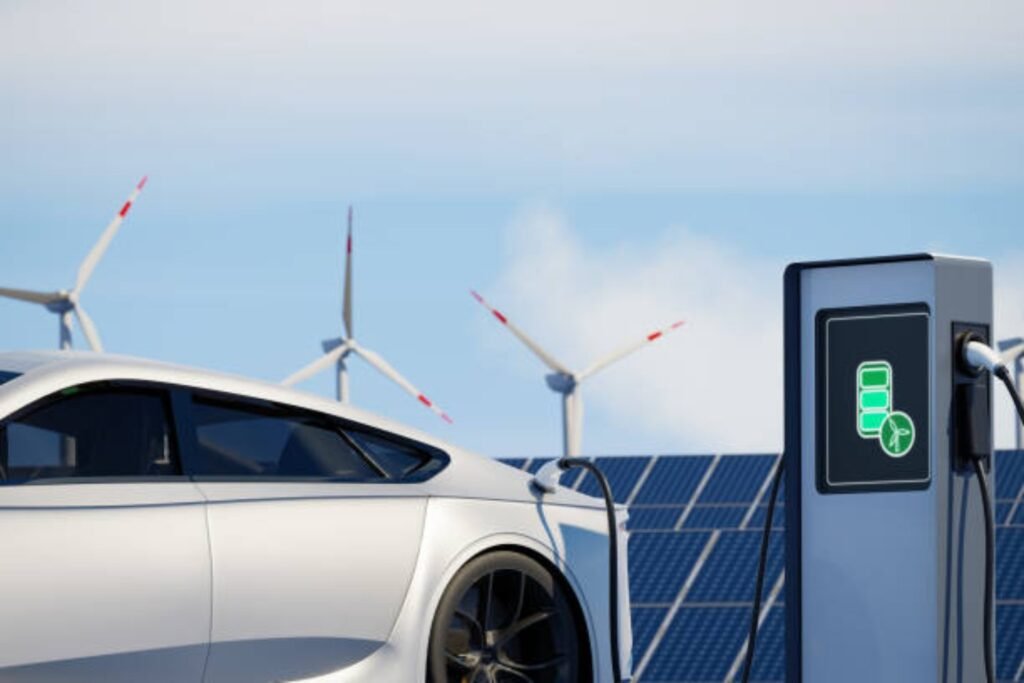Europe shifts strategy to compete with China in electric cars.

Europe is facing a crucial moment in the automotive industry, particularly regarding the transition to electric cars and the growing dominance of Chinese brands in the market. In response to these challenges, the European Union has devised a plan to enhance its own production capabilities, decrease reliance on foreign imports, and prevent Chinese brands from taking over the market without contributing added value.
Addressing the Competitiveness of the Automotive Sector
The EU’s plan focuses on maintaining the competitiveness of the automotive sector amidst the shift towards electrification and emerging technologies. A key aspect of this strategy is to assert control over the value chain of electric vehicles, with a particular emphasis on battery production where China currently holds a significant advantage.
To reduce its dependency on Chinese imports, the EU has committed €1.8 billion to support local battery production, spanning from raw material extraction to final manufacturing. Additionally, the implementation of a new regulatory framework aims to streamline production processes and emulate China’s approach of government-led investments to dominate the value chain and offer advanced models at competitive prices.
Setting Standards for Chinese Brands Operating in Europe
While some Chinese brands, such as BYD, have already established manufacturing facilities in Europe to evade high import tariffs, the EU is keen to ensure that the continent does not become a mere production hub for Chinese companies. To prevent this scenario, stringent requirements are being considered for Chinese brands looking to operate in Europe, including technology and knowledge sharing, adherence to licensing and intellectual property regulations, and commitments to bolster the European economy.
Promoting Electric Vehicle Adoption through Alternative Incentives
Unlike previous initiatives that relied on direct incentives for consumers to purchase electric cars, the new plan aims to lower production costs to ultimately drive down prices, making electric vehicles more accessible. One potential approach under consideration is the introduction of a leasing model that would allow individuals to lease an electric car for approximately €100 per month. Moreover, tax benefits are anticipated for companies incorporating electric vehicles, such as the elimination of VAT on acquisitions, a measure already in place in countries like Portugal and Norway.
Securing the Future of Europe’s Automotive Industry
The success of the EU’s ambitious plan will determine the future of the automotive industry in Europe. By pivoting towards a strategy that bolsters domestic production capabilities, reduces reliance on foreign imports, and establishes favorable regulations for local manufacturers, the EU aims to position itself as a leader in the electric vehicle market. Failure to execute this plan effectively could potentially see Europe falling behind in the electric revolution while China continues to advance in the industry.




